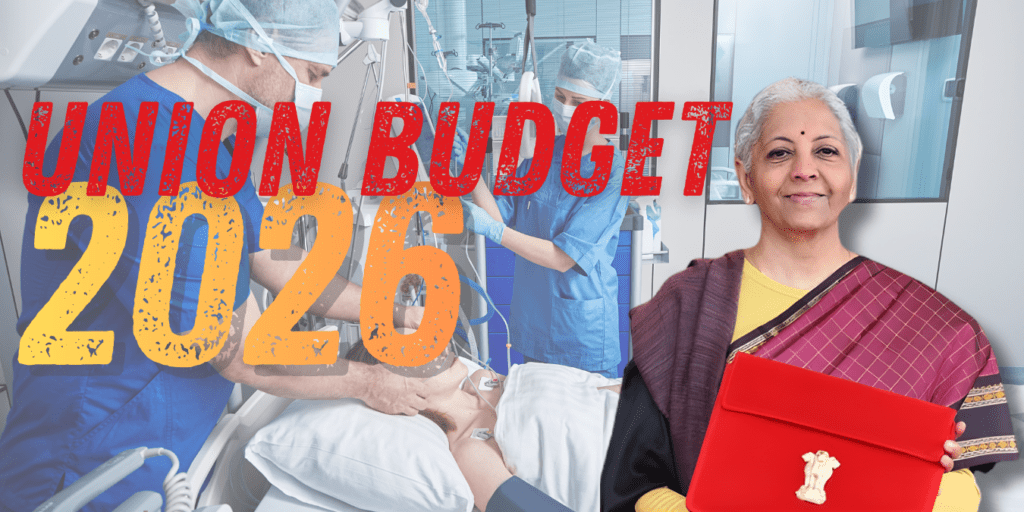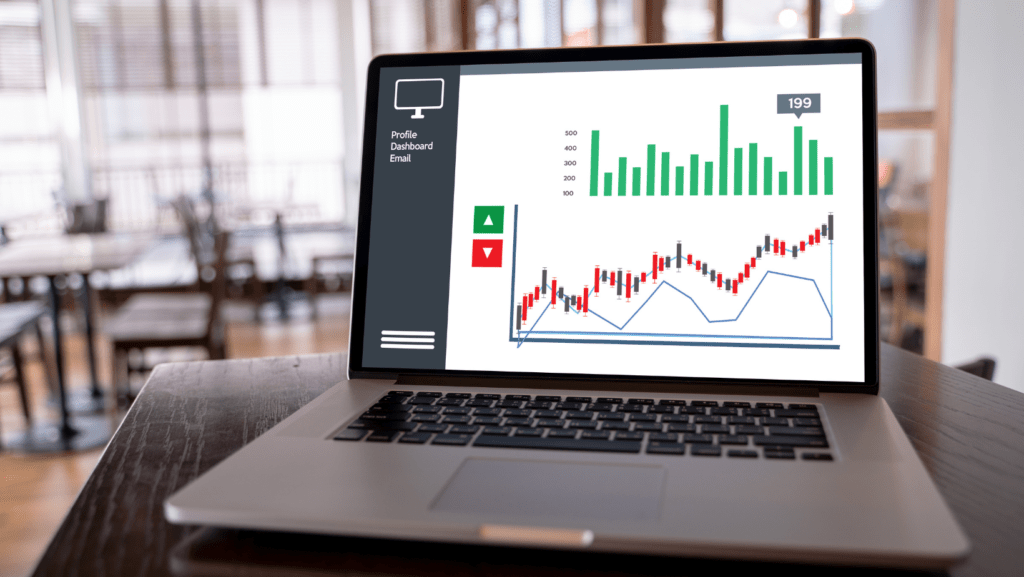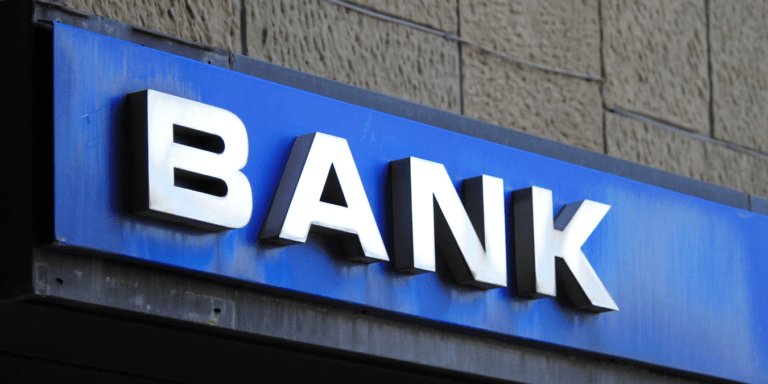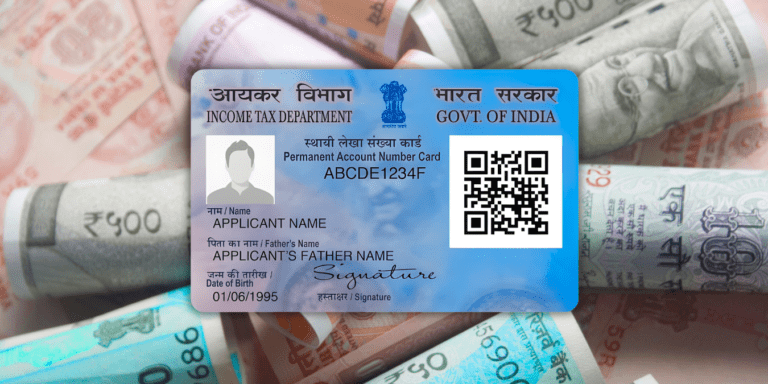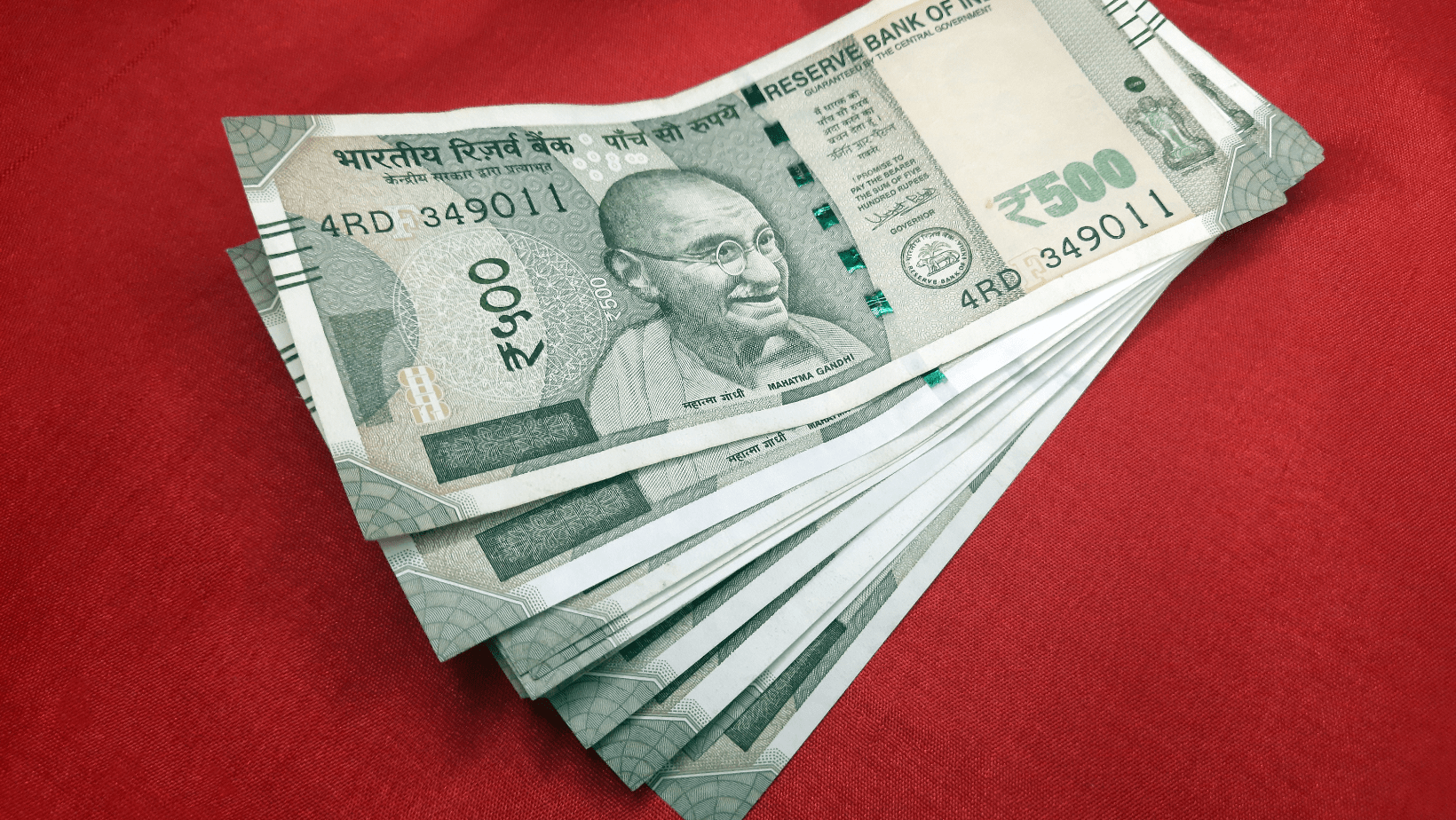
“Why accepting over ₹2 lakh in cash can lead to severe tax penalties, even if payments are split. Learn how Section 269ST works, the risks of non-compliance, and why digital payments are safer. Stay informed to avoid hefty fines and ensure financial transparency. Expert advice included!”
Cash transactions remain prevalent in many sectors across India. However, accepting large sums of cash can lead to significant tax penalties. Financial advisors and tax experts have been raising alarms about the risks associated with cash transactions exceeding ₹2 lakh. Despite this, many individuals and businesses attempt to circumvent this rule by splitting payments into smaller amounts. However, financial advisors warn that this tactic is not only ineffective but could also lead to severe tax penalties. This blog post delves into the intricacies of these regulations, the potential penalties, and best practices to avoid falling foul of the law.
Understanding Section 269ST of the Income Tax Act
Section 269ST of the Income Tax Act, 1961, is a crucial regulation that taxpayers must be aware of. This section prohibits any person from receiving an amount of ₹2 lakh or more in cash:
- From a single person in a single day: This means that if you receive ₹2 lakh or more from one person in one day, it is a violation.
- For a single transaction: Even if the payment is split over multiple days, if it pertains to a single transaction, it is still considered a violation.
- In respect of transactions relating to one event or occasion: For example, if you receive payments for a wedding or an event that cumulatively exceed ₹2 lakh, it is a violation.
Violating Section 269ST attracts a penalty equal to the amount received. For instance, if you receive ₹5 lakh in cash, the penalty will be ₹5 lakh.
Common Misconceptions: Splitting Payments
A common misconception is that splitting payments can help avoid penalties. However, this is not the case. The law is clear that splitting payments does not circumvent the regulations. Here are some examples to illustrate this:
- Single-day limit: Receiving ₹1.5 lakh in the morning and ₹1 lakh in the evening from the same person totals ₹2.5 lakh, which is a violation.
- Splitting over days: Selling a plot for ₹3 lakh and taking ₹1 lakh daily for three days is still illegal.
- Event expenses: Paying ₹1.5 lakh for catering and ₹1 lakh for decorations for a wedding totals ₹2.5 lakh, which is a violation.
Why Splitting Payments Doesn’t Work
Many people believe that by splitting a large cash payment into smaller amounts, they can avoid the ₹2 lakh limit and evade detection by the tax authorities. For example, if someone needs to pay ₹3 lakh in cash, they might split it into two transactions of ₹1.5 lakh each. However, this approach is flawed for several reasons:
- Aggregate Limit: The ₹2 lakh limit applies to the aggregate amount received from a single person in a day. Even if the payment is split into multiple transactions, the total amount received from that person in a day is considered. If it exceeds ₹2 lakh, it violates Section 269ST.
- Single Transaction or Event: The limit also applies to transactions related to a single event or occasion. For instance, if you sell a car and receive multiple cash payments from the buyer over a few days, the total amount received will be considered as part of a single transaction. If it exceeds ₹2 lakh, it will attract penalties.
- Digital Trail: The Income Tax Department has access to advanced data analytics tools that can easily detect patterns of split payments. Banks and financial institutions are required to report high-value transactions, making it easier for tax authorities to identify suspicious activities.
- Penalties: Violating Section 269ST can result in a penalty equal to the amount received. For example, if you receive ₹3 lakh in cash in violation of the rule, you could be liable to pay a penalty of ₹3 lakh.
Real-Life Consequences
The penalties for violating Section 269ST are severe. A real-life example shared by a financial advisor highlights the risks: A seller received ₹5 lakh per month for six months for a property deal, with each payment under ₹2 lakh. The total amount received was ₹30 lakh, and the penalty imposed was also ₹30 lakh.
Consequences of Non-Compliance
The penalties for violating the ₹2 lakh cash transaction limit are severe and can have significant financial implications:
- Penalty Under Section 271DA: As mentioned earlier, the penalty for violating Section 269ST is equal to the amount received in cash. This penalty is in addition to any other taxes or penalties that may apply.
- Scrutiny by Tax Authorities: Receiving large cash payments can trigger an audit or scrutiny by the Income Tax Department. This could lead to further investigations into your financial affairs, potentially uncovering other discrepancies or non-compliance issues.
- Reputation Risk: For businesses, being penalized for violating tax rules can damage their reputation and erode customer trust. It can also lead to increased scrutiny from other regulatory bodies.
- Legal Consequences: In extreme cases, repeated violations of tax rules could lead to legal action, including prosecution under the Income Tax Act.
How to Stay Compliant
To avoid the pitfalls of violating the ₹2 lakh cash transaction limit, consider the following best practices:
- Promote Digital Payments: Encourage your customers, clients, or partners to use digital payment methods such as bank transfers, UPI, credit/debit cards, or mobile wallets. Digital payments are not only more secure but also leave a clear audit trail, making it easier to comply with tax regulations.
- Educate Your Clients: If you’re a business owner or professional, educate your clients about the ₹2 lakh cash transaction limit and the importance of complying with tax rules. This can help prevent unintentional violations.
- Maintain Proper Records: Ensure that you maintain accurate records of all transactions, including the mode of payment (cash or digital). This will help you demonstrate compliance in case of any scrutiny by tax authorities.
- Consult a Financial Advisor: If you’re unsure about how to handle large transactions or need advice on staying compliant with tax rules, consult a financial advisor or tax professional. They can provide personalized guidance based on your specific situation.
Final Thought
While cash transactions are still common in many parts of India, it is crucial to be aware of the legal limits and potential penalties. Section 269ST of the Income Tax Act imposes strict regulations on cash transactions exceeding ₹2 lakh. Splitting payments does not help in avoiding penalties, and the consequences of non-compliance can be severe. By adopting digital payment methods and staying informed about tax regulations, individuals and businesses can avoid hefty penalties and ensure compliance with the law.
-

8th Pay Commission Breaking: 5 Promotions, OPS Back, CGHS ₹20K – What Staff Bodies Want Now
-

Thousands of Widows and Disabled Pensioners Now Eligible for Free Treatment — What Changed Under PM-JAY?
-

Saudi Arabia Bans Poultry & Egg Imports From 40 Countries — Is India on the List?
-

RBI Approves SBI Mutual Fund’s 9.99% Stake in Bandhan Bank —And Why It’s Not a Coincidence


